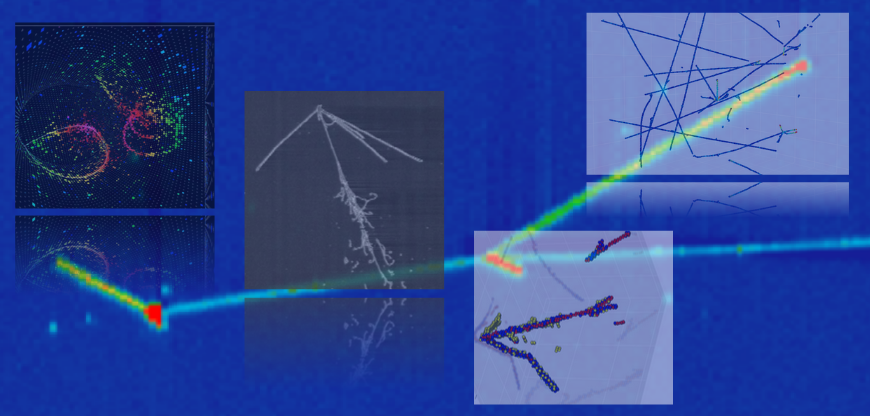Presentation materials
Deep learning models for reconstruction in LArTPC neutrino data have become ubiquitous and have been successfully applied to real analyses. These models usually have to be trained from scratch depending on the task and do not take into account symmetries or systematic uncertainties.
Following advances in contrastive learning we show how such a method can be applied to sparse 3D LArTPC data,...
The Large Enriched Germanium Experiment for Neutrinoless double-beta Decay (LEGEND) project searches for the lepton-number-violating neutrinoless double-beta (0vbb) decay of Ge-76. By utilizing High Purity Germanium (HPGe) detectors enriched with Ge-76 and immersing them directly into liquid argon (LAr), LEGEND combines the superior energy resolution of germanium detectors with the...
Experiments using the 76Ge isotope have set leading limits in the search for neutrinoless double beta decay, offering insights into the nature of neutrinos and the universe. The LEGEND experiment employs High Purity Germanium (HPGe) detectors for this purpose and dramatically reduces backgrounds using Pulse Shape Analysis (PSA). To enhance the analysis, we propose the implementation of a...
The KamLAND-Zen experiment is a multi-purpose neutrino detector in central Japan, with a broad neutrino science program. KLZ has produced world-leading results in the study of solar, geo, and astophysical neutrinos. Recently, KLZ has also set the world-leading limit on the majorana neutrino mass, the first such limit in the Inverted Mass Ordering region. Machine learning plays a key role in...



